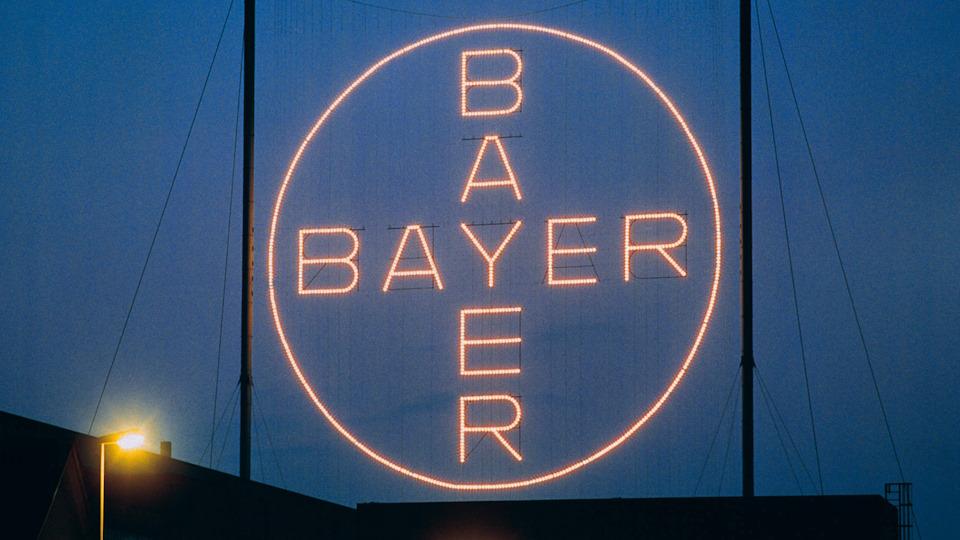Bayer pays $310m for Euro rights to ATTR therapy acoramidis

Bayer has shored up its near-term pipeline by acquiring European rights to acoramidis from BridgeBio and Eidos Therapeutics, putting some big pharma muscle behind the therapy for transthyretin amyloid cardiomyopathy (ATTR CM).
The deal includes upfront and near-term payments of $310 million for exclusive marketing rights to the drug, a small molecule oral transthyretin stabiliser that was filed for EU approval as a treatment for ATTR CM in January.
BridgeBio is also in line for additional undisclosed sales-related milestones and “tiered royalties beginning in the low-thirties percent,” according to Bayer.
A phase 3 readout last July showed that acoramidis outperformed placebo in the prevention of a composite endpoint of all-cause mortality, cardiovascular-related hospitalisation, and change from baseline in the 6-minute walk test and a biomarker called NT-proBNP in ATTR CM.
ATTR is characterised by the formation of amyloid fibril deposits in tissues and organs – in the heart in the case of patients with cardiomyopathy – and, if approved, acoramidis will compete with Pfizer’s $3.3 billion-a-year blockbuster Vyndaqel/Vyndamax (tafamidis), which acts via a similar mechanism and has been approved to treat ATTR cardiomyopathy since 2019.
Acoramidis has also been filed in the US, where commercial rights are currently held by BridgeBio/Eidos, with a decision from the FDA due by 29th November. AstraZeneca has licensed the drug in the Japanese market.
The deal comes as Bayer is in the midst of a top-to-bottom restructuring of its business under new chief executive Bill Anderson, with layers of management stripped out and workforce reductions aimed at speeding up decision-making, boosting efficiency, and improving cash flow generation.
Bayer has also seen some hits to its pipeline of late, most notably the failure of a phase 3 trial of its oral Factor XIa inhibitor asundexian in patients with atrial fibrillation, and mixed data for the drug in ischaemic stroke.
Asundexian is viewed as a successor to the company’s Johnson & Johnson-partnered anticoagulant Factor Xa inhibitor Xarelto (rivaroxaban), its biggest-selling drug, which contributed €3.3 billion in sales in the first nine months of 2023, but is nearing the loss of patent protection. Bayer’s fourth-quarter results will be reported tomorrow.
“Bayer has a clear vision to transform cardiovascular care for patients and acoramidis complements our portfolio in specialty cardiology,” said Juergen Eckhardt, the German group’s head of business development, licensing, and open innovation.
“As a leading player in the field of cardiovascular diseases, we will work to make this new treatment available to patients as soon as possible, after a positive decision by the European authorities,” he added.













